| Sorted by date | |||
page180from Building IdeasThis kind of mechanical understanding meant the laws of society had come to be accepted as beyond man’s control, whereas Luács restored the importance of the concept of alienation as a way of explaining how this ideological illusion had come about. In his History and Class Consciousness(1923), he attempted to reinterpret Marx in terms of the philosophy of Hegel, by reinstating the creative role of the collective human consciousness. He coined the term “reification” (meaning “turning into a thing”) to explain what happens to human consciousness in the alienating conditions of modern industrial capitalism. This idea mirrors Marx’s concept of the “fetishisation” of commodities, where an analogous process of transformation occurs in reverse. In Marx’s terms, the product of alienate takes on an almost magical existence of its own, like the fetish-objects used in many archaic religious rituals, which were endowed with quasi-human capabilities. When the product enters the market place it acquires its own exchange –value and enters into a “society” of relations with other commodities. Marx saw this as elevating the object above humanity, at the same time as the worker was reduced from a human being to a commodity. Lukács used this notion to explain how Marxism itself had been distorted as later writers had reduced the human element in Marx’s thinking. Instead of the inevitable revolution that Marx had seemed to forecast, based on the inexorable growth of new conditions leading to a necessary change of consciousness, Lukács reinstated the dialectic between the two terms, with the responsibility for change resting on the shoulders of the workers: The truth that the old intuitive, mechanistic materialism could not grasp turns out to be doubly true for the proletariat, namely that it can be transformed and liberated only by its own actions, and that the ‘educator must himself be educated’. The objective economic evolution could do no more that create the position of the proletariat in the production process … . But the objective evolution could only give the proletariat the opportunity and the necessity to change society. Any transformation can only come about as the product of the – free – action of the proletariat itself.11
|
|||
|
|||
|
|
 ... ...
... ... ... ...
... ... ... ...
... ...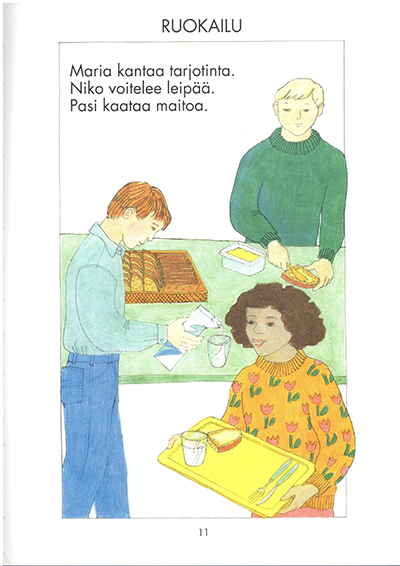 ... ...
... ...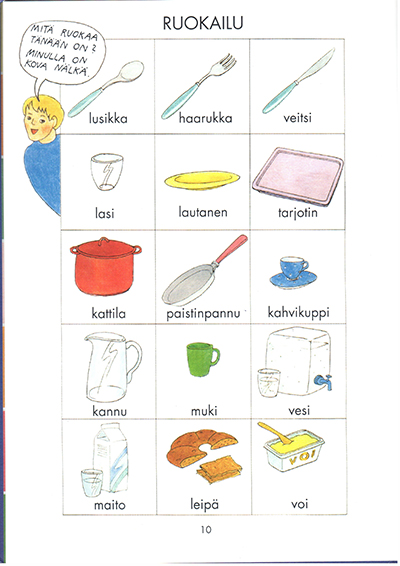 ... ...
... ...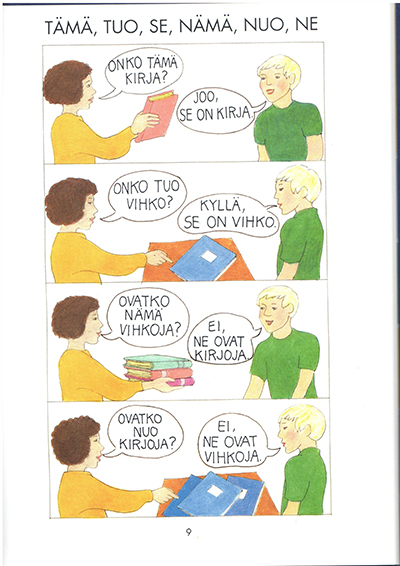 ... ...
... ...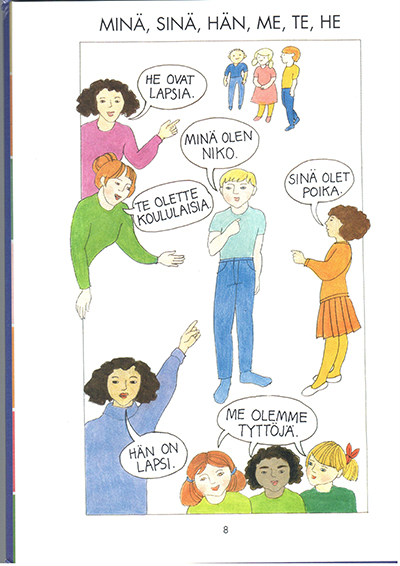 ... ...
... ...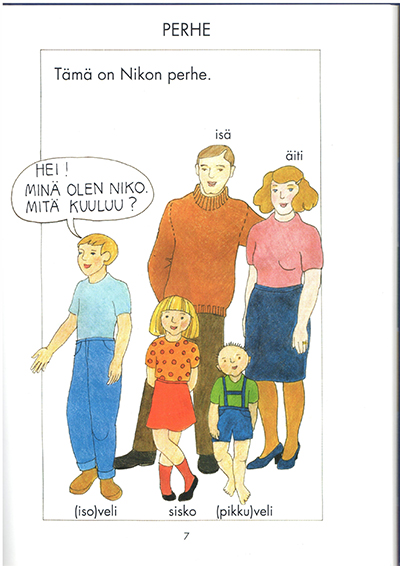 ... ...
... ... ... ...
... ...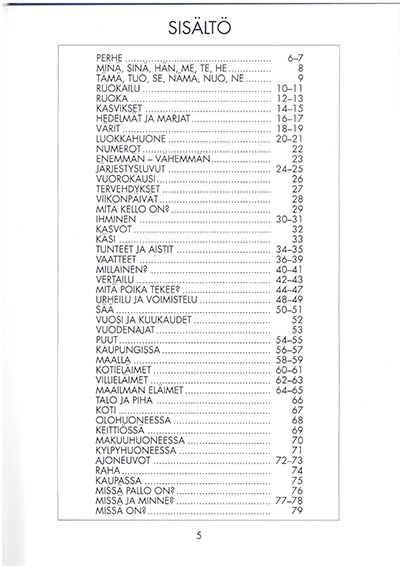 ... ...
... ... ... ...
... ... ... ...
... ...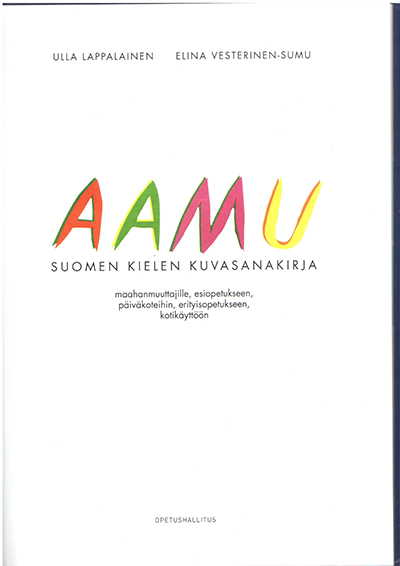 ... ...
... ...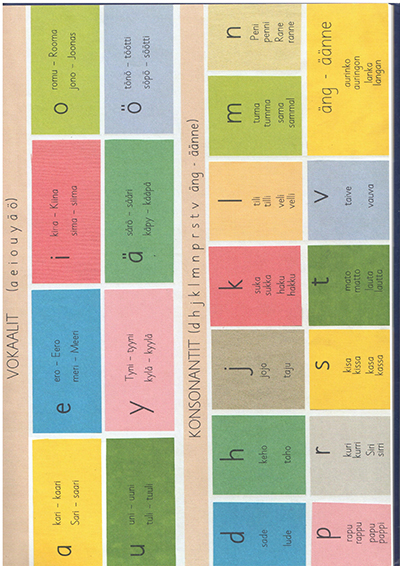 ... ...
... ...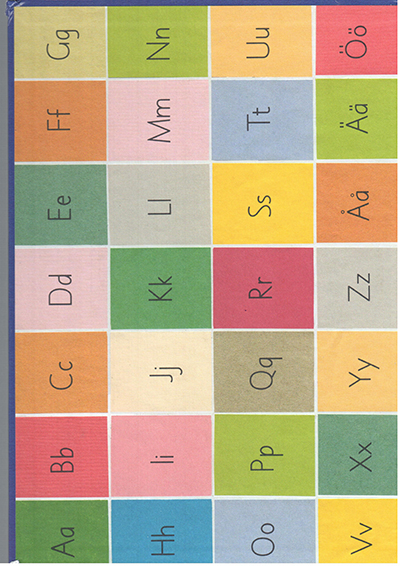 ... ...
... ...